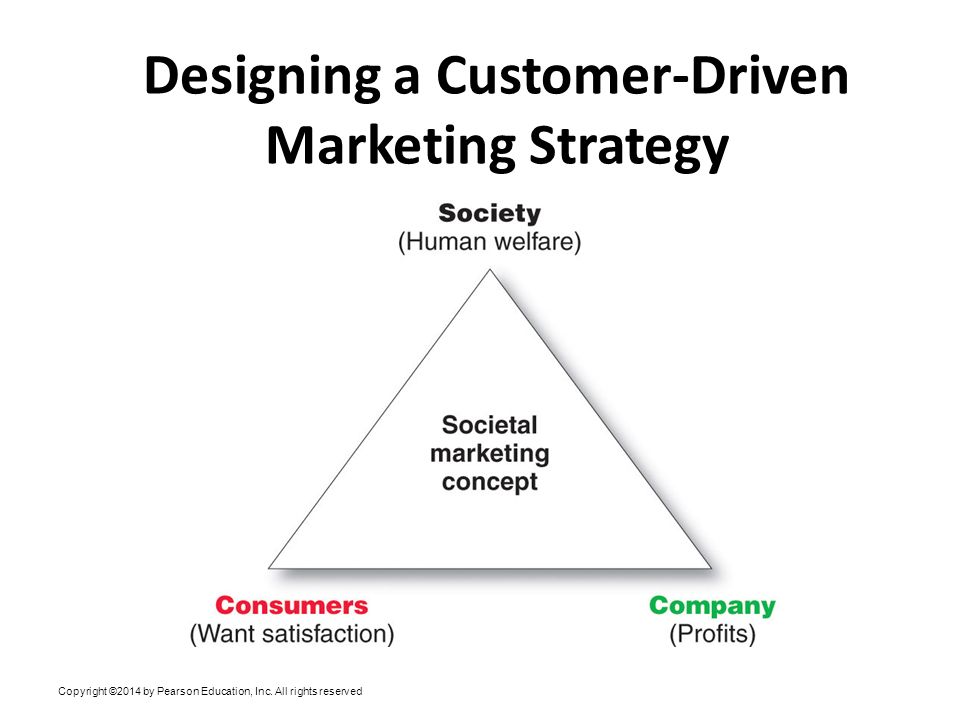Marketing concept-this refers to the ways of business thinking that have evolved over time and they include;
- Production concept – this is the oldest philosophy that has guided the sellers. It can be traced to the industrial revolution. Organizations produced in large quantities the belief being that consumers will favor products that are either available or were affordable. Manufacturers therefore focused on improving production and distribution efficiency. This philosophy is applicable when the following condition exists.
- When demand for a product exceeds the supply.
- When the price of a product is too high and can only be brought down with increased productivity.
- Product concept – this was a belief system adopted by business men before 1920.the belief was that consumers will favor products that offer the most quality (design) performance and features to them. If u designs a product in a way that looks attractive, consumers will have to buy the product.
- Selling and sales concept/”hard sell”. This belief was developed between 1925-1950 and was commonly referred to as hard sell concept (companies using adverts to become the best i.e. out do the others) and it prescribes that consumers will not buy enough of organizations products unless it undertakes a lot of selling and promotional effort. Organizations must therefore advertise their products and employ sales persons to communicate with consumers with the aim of convincing them to buy the products. This theory is applicable for unsought goods i.e. insurance, microwave etc.ie it aims at informing, communicating and promoting a company’s product.
- Marketing concept. – this is a business philosophy that was adopted after 1950 and the philosophy holds that achievement of business goals depends on determining the needs of customers and delivering the desired level of satisfaction to consumers more effectively and efficiently than the competitors. The marketing concept stands on the following pillars/highlights/considerations.
- Market focus/targeting-the firm must concentrate on one or a few key segments of the market and satisfy their needs.ie marketer’s usually target the innovators as opposed to laggards in a market.
- Customer orientation-the firm must carefully define customer needs from the customer’s point of view. This is important because a satisfied customer:
- Will buy the product again.
- Will talk favorably to others about the firm’s product.
- Will pay less attention to competing brands in the market.
- Is likely to buy other products that the company may add to its line.
- Integrated marketing-this means that the various marketing functions must pull together in order to satisfy the customer e.g. well trained and motivated employees, good and efficient suppliers e. t. c.
- Profitability-the job of a marketer is to satisfy consumer needs at a profit.
- Societal marketing concept/human orientation concept/social responsibility concept/survival stage/holistic. This concept is based on determining the needs and wants of consumers and delivering superior value in a way that maintains or improves consumers and societies well being. It requires that organizations should not only satisfy consumer needs but act in a way that preserves the welfare of consumer and society. The triangle below illustrates how all stakeholders should be involved in any marketing activity.
(Visited 522 times, 1 visits today)

